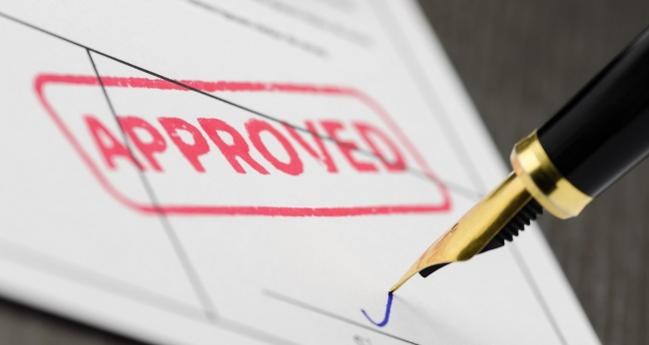Inclisiran Approved in Europe for Lowering LDL Cholesterol
The Food and Drug Administration is currently weighing the evidence, and a decision on US approval is expected shortly.

European regulators have approved inclisiran, a small interfering RNA (siRNA) given twice a year as a subcutaneous injection, for lowering LDL cholesterol levels in patients with hypercholesterolemia or mixed dyslipidemia, according to an announcement from drugmaker Novartis today.
Inclisiran, which will be known as Leqvio in Europe, is approved for use in combination with a statin at the maximally tolerated dose or a statin at the maximally tolerated dose plus other lipid-lowering therapies for patients unable to achieve LDL-cholesterol goals outlined in the European guidelines. It is also approved as monotherapy, and in combination with other nonstatin lipid-lowering drugs, in patients who are intolerant to statins.
The approval is based on a series of phase III trials of patients with elevated LDL cholesterol levels who were taking a statin at the maximally tolerated dose, with or without ezetimibe: ORION-9 tested inclisiran in 482 patients with clinical or genetic evidence of heterozygous familial hypercholesterolemia, ORION-10 tested the drug in 1,561 patients with atherosclerotic cardiovascular disease (ASCVD), and ORION-11 included 1,617 patients with ASCVD or ASCVD-risk equivalents. The mean placebo-adjusted reduction in LDL cholesterol at 17 months ranged from 48% to 52%.
Like alirocumab (Praluent; Regeneron/Sanofi) and evolocumab (Repatha; Amgen), inclisiran works by targeting the PCSK9 enzyme. While alirocumab and evolocumab are monoclonal antibodies that inhibit circulating PCSK9, inclisiran is an siRNA that halts the hepatic production of PCSK9 at the genetic level. The PCKS9 inhibitors are administered every 2 to 4 weeks, depending on the dose, and the hope is that twice-yearly injections of inclisiran can improve patient adherence.
The major unknown, however, is cost. Uptake of alirocumab and evolocumab has been hampered by the drugs each being initially priced at nearly $15,000 per year, and while their price has been cut to roughly $5,500, uptake is still sluggish, say experts. Draft recommendations from the Institute for Clinical and Economic Review (ICER) state that inclisiran would need to be priced at $3,672 and $5,481 to achieve a cost-effective threshold of $100,000 and $150,000 per quality-adjusted life-year gained when used in individuals with established ASCVD.
The ORION-4 study, led by researchers at the University of Oxford in collaboration with the TIMI Study group, is currently ongoing. In that 15,000-patient outcomes trial, investigators are studying whether the addition of inclisiran to guideline-directed medical therapy lowers the risk of major adverse cardiovascular events (coronary heart disease death, MI, stroke, or urgent revascularization) in patients with ASCVD. Those results aren’t expected for at least 4 years.
With its approval by the European Commission, inclisiran will be available in 27 countries that are part of the European Union. The drug is not currently approved in the United States, although a decision from the Food and Drug Administration is expected this month.
Michael O’Riordan is the Managing Editor for TCTMD. He completed his undergraduate degrees at Queen’s University in Kingston, ON, and…
Read Full BioSources
Novartis. Novartis receives EU approval for Leqvio (inclisiran), a first-in-class siRNA to lower cholesterol with two doses a year. Published and accessed on: December 11, 2020.


Comments